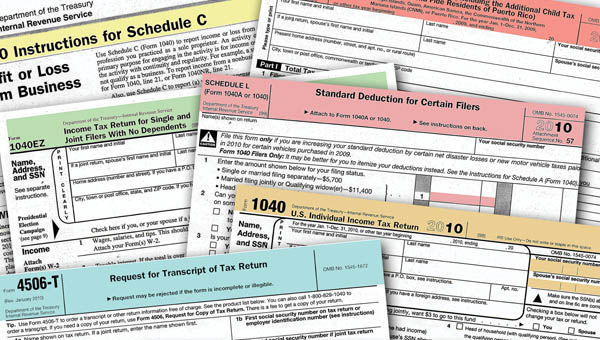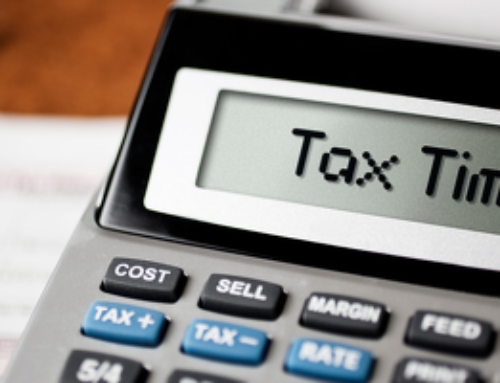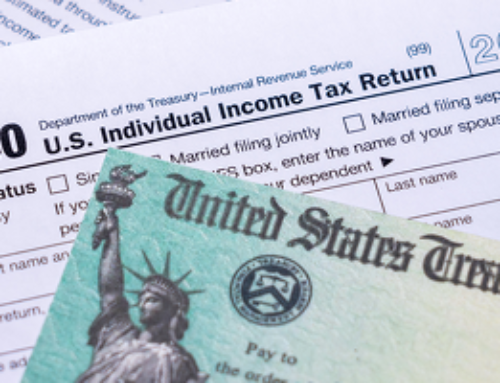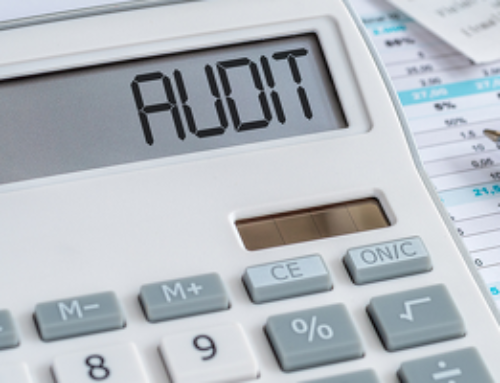Your mailbox has started filling up with tax forms over the last several weeks and there are likely more to come. Organize your process and make your tax filing easier for everyone involved. Here are some tips on how to handle all the paperwork you get and how to head off any potential problems.
Collect them all
Check last year’s tax records, and make a list of the forms you received. Add any new accounts, employers or vendors and check them off as you get them.
Gather and organize all your paperwork because the IRS gets copies of each form sent to them as well. Missing one can trigger an IRS correspondence audit, creating extra work and possibly delaying your refund.
Check for digital forms
More employers, banks and others are making their tax forms available to you electronically, so you may not get a paper form in the mail. Be sure to check your email inbox for any missing items before you file, and don’t forget to check your “junk” or “spam” email folders as well, just in case any tax information accidentally ends up there.
Fix errors
Double check to see if there are any errors on any papers you receive. If there are, contact the issuer via phone and in writing to fix the problem. If you can’t get a corrected form, still report everything on them to the IRS, but add a correction explaining the error when you file your return. That way you can still file without waiting for the issuer to send you a corrected form.
Commonly overlooked forms
While getting all your W-2 and 1099 forms is important, there are two crucial forms that you also need before you file:
- 1095 – Proof of health insurance, required under the Affordable Care Act (ACA). If you don’t have health insurance, you’ll have to pay a fine during tax years 2017 and 2018 (this requirement goes away in 2019). There is an approved delay for sending forms 1095-B and 1095-C until March 2, 2018. This delay is not granted for 1095-As provided to those using the marketplace to purchase insurance.
- 1098-T – Confirmation of tuition and fees paid to qualified educational institutions. If you’re taking an education deduction, you’ll have to have one of these forms from your accredited school.
As you watch for your forms to arrive, remember to reach out to schedule your tax-filing appointment. An early appointment will help ensure you get all questions answered ahead of the April 17 filing deadline.






